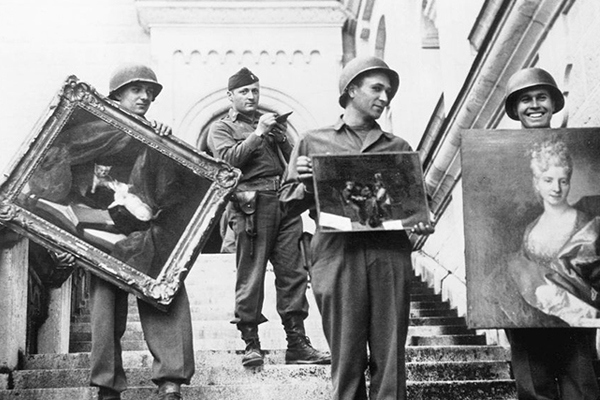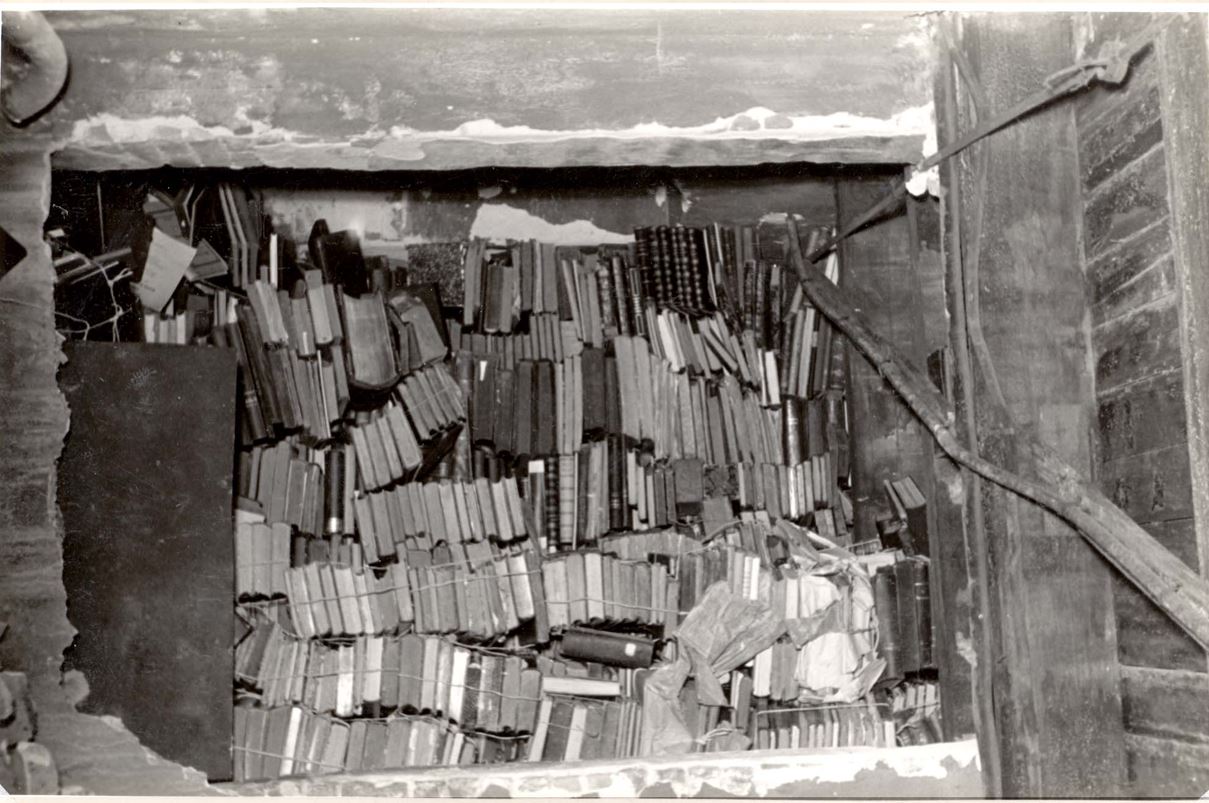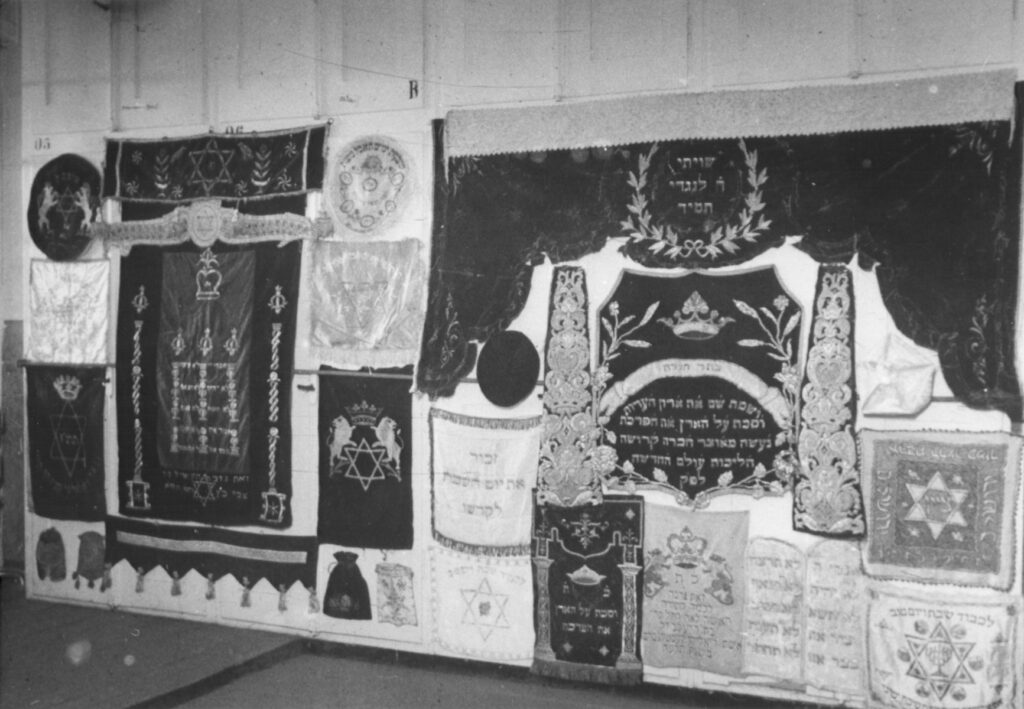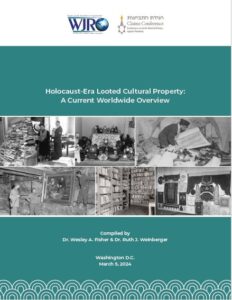


March 5, 2024
On the occasion of the event “25th Anniversary of the Washington Principles on Nazi-Confiscated Art: Best Practices & The Way Forward” the World Jewish Restitution Organization (WJRO) and the Claims Conference have issued a new global report on Nazi-looted art and cultural property restitution. The report “Holocaust-Era Looted Cultural Property: A Current Worldwide Overview” examines developments in 47 countries that endorsed (either directly in 1998 or indirectly through the Terezin Declaration in 2009) the Washington Conference Principles, with emphasis given on developments since release of the Just Act Report in 2020.
Best Practices
U.S. Secretary of State Antony J. Blinken delivered the event’s keynote address, and unveiled the historic endorsement of a document on Best Practices in art and cultural property restitution by 32 countries as of April 2, 2025. These countries include: Albania, Austria, Belgium, Bosnia and Herzegovina, Bulgaria, Canada, Croatia, Czechia, Cyprus, Denmark, Estonia, Finland, France, Germany, Greece, Ireland, Israel, Italy, Kosovo, Lithuania, Luxembourg, Malta, Moldova, Netherlands, North Macedonia, Norway, Romania, Slovenia, Sweden, Switzerland, United Kingdom and the United States.
This endorsement marks the first governmental document on Holocaust restitution to be endorsed in nearly 15 years. The Best Practices will enhance the 1998 Washington Conference Principles.
The speech by Ambassador Stuart E. Eizenstat, Special Advisor to the Secretary of State on Holocaust Issues and special negotiator for the Claims Conference, who originated the Washington Conference Principles, presented the Best Practices in detail.

Holocaust-Era Looted Cultural Property: A Current Worldwide Overview
Key findings from the Report
There has been significant progress in art and cultural property restitution over the past 25 years, but much remains to be done. Key developments include:
- Claims processes are now in place in many countries, but the resulting numbers of cases handled and resulting restitutions often remain low.
- Five out of the 47 countries have established restitution commissions to facilitate claims, but the overwhelming majority of countries still do not have one.
- While there has been progress with public collections, there has been far less progress with regard to items formerly owned by individuals that are currently in private hands. There remains much to do with regards to provenance research, transparency of records and facilitation of claims of items that are today held privately.
The report presents ratings based on whether or not a given country:
- has done historical research on the subject, whether through an historical commission or otherwise;
- does provenance research on its collections;
- has a claims process, whether through a restitution commission or otherwise;
- has made a substantial number of restitutions.
Based on the above factors:
- Seven (7) countries have made major progress
- Three (3) countries have made substantial progress
- Thirteen (13) countries have made some progress
- Twenty-four (24) countries have made little or no progress
For the Full Report with information on specific countries, please click here.
For the Executive Summary, click here.
For the Best Practices, click here.
For the WJRO Press Release, click here.
For a recording of the event “25th Anniversary of the Washington Principles on Nazi-Confiscated Art: Best Practices & The Way Forward,” click here.
Additional reports prepared by the Claims Conference-WJRO since 2006 can be accessed here.
Picture Credit:
While serving in the US Army, Metropolitan Museum of Art curator James Rorimer supervises American GIs carrying paintings down the steps of the Neuschwanstein Castle in southern Germany in May of 1945. National Archives and Records Administration, provided by the Monuments Men Foundation for the Preservation of Art, Dallas.
Religious books concealed in the walls of the Great Synagogue, Amsterdam, Holland. Yad Vashem, archival signature: 368.
Display of ritual synagogue textiles confiscated by the Nazis. Provenance: S. J. Pomrenze. USHMM photograph number: 48738.
last updated April 2025
